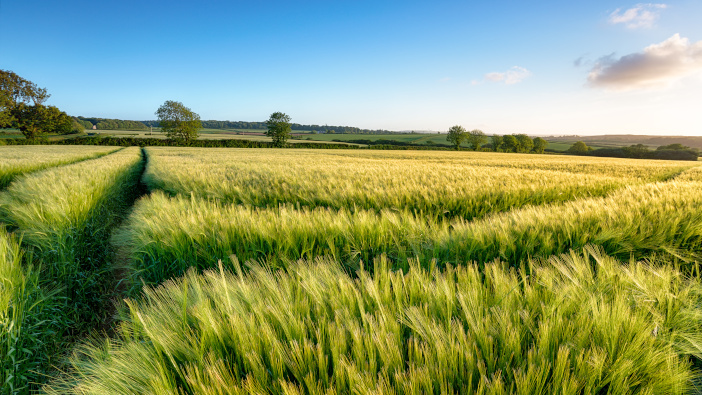Speaking at the Oxford Farming Conference today, Secretary of State for Environment, Food and Rural Affairs Steve Reed will set out a long-term vision to make farming more profitable.
As part of the Plan for Change, he will lay out a series of reforms, building on the Government’s New Deal for Farmers. These will include:
- Backing British produce: For the first time, the Government will monitor food currently bought in the public sector and where it is bought from. This will reportedly make it easier for British farmers to win a share of the £5 billion spent each year on public sector catering contracts.
- Using planning reforms to support food production: Making it quicker for farmers to build the buildings, barns and other infrastructure they need to boost food production.
- Diversifying income streams: Helping farmers make additional money from selling surplus energy from solar panels and wind turbines by accelerating connections to the grid and supporting them during difficult harvests and supply shocks.
- A fair supply chain: Boosting profitability through fair competition across the supply chain. New rules for the pig sector will come this spring, ensuring contracts clearly set out expectations and changes can only be made if agreed by all parties. Similar regulations for eggs and fresh produce sectors will follow with the government reportedly ready to intervene with other sectors if needed.
- Protecting farmers in trade deals: The government will uphold and protect our high environmental and animal welfare standards in future trade deals.
Steve Reed is expected to say: “The primary purpose of farming has – and always will be – to produce the food that feeds the nation.
“Too many policymakers in Whitehall lose sight of that fact. This Government is putting food production firmly back on the agenda.
“We will work in partnership to achieve our vision for the farming sector. First, a sector whose primary purpose is food production. Secondly, a sector where farmers can access diverse income streams to make a fair profit and ensure their business remains viable in times of challenge. And thirdly, a sector which supports farmers to restore nature – the foundations of sustainable food production.
“It is only through pursuing all three that we will achieve long-term food security.”



